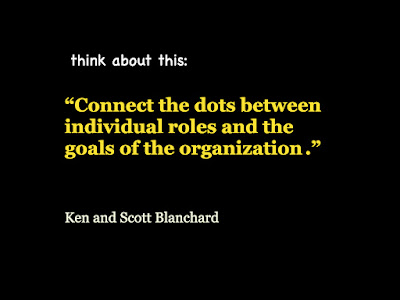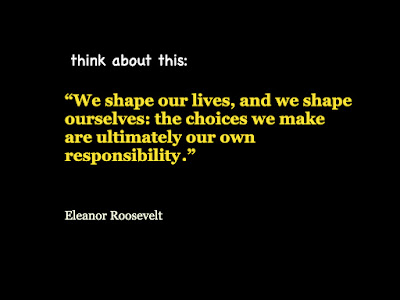· Engaged is the business buzz word these days.
· It’s what we want our employees to be or do.
· But is there a clear definition for that?
· And can it be measured?
Back when I was working, we wanted our employees involved in things – so, we created a wide-ranging volunteerism program and could clearly see its tangible and measurable results. But it’s often hard to see or quantify employee engagement. Hold that thought. Tonight, I attended a “Beginning Music Festival” at my granddaughter’s Middle School. I was pleasantly surprised to see how many students were engaged in either the Band, the Orchestra, or the Choir. This was their 2nd recital this school year – in front of faculty, parents, and visiting adjudicators[1] from other schools. Each ensemble performed two pieces designed to show how much they’d learned and progressed at this point in the school year. It was easy to assess their talent, teamwork, and enthusiasm. Bottom line: each student chose what they wanted to participate in, actively participated in the learning, coaching, and practice it took to achieve a demonstrable level of achievement and had an opportunity to showcase their efforts. Now, back to employee engagement: celebrate the importance of every employee’s job, make sure they’re trained, give them the time to practice, provide the necessary tools to perform effectively, then let them curate great customer experiences. And don’t forget a round of applause when it all comes together as expected. Strike up the band for employee engagement today.
Dr. Timothy Clark (born 1964): Organizational anthropologist, author[2], and founder/CEO of LeaderFactor who pioneered the field of data-driven cultural transformation.











